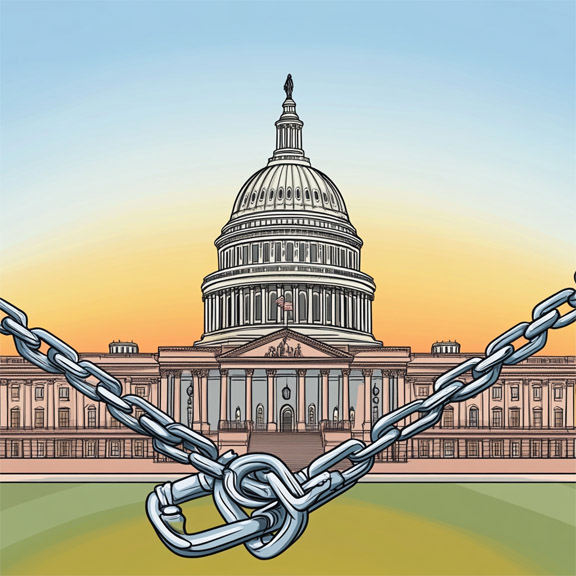
"As federal workers face unpaid furloughs, many are pushed into financial distress, relying on food banks and other aid during government shutdowns."
"Debating blame for government shutdowns often leads nowhere as both parties share responsibility; yet the moral burden varies based on threats made."
"Shutdowns not only hurt federal employees but also impact the economy broadly, leading to decreased consumer spending and harming service providers."
"Utilitarian ethics question whether giving in to shutdown threats is right, balancing immediate harm against the encouragement of future coercive tactics."
Government shutdowns, commonly used as political leverage, result in significant hardships for federal workers who face furloughs or must work without pay. Many, depending on their financial situations, struggle to make ends meet and may resort to food banks for sustenance. The ramifications extend beyond the workers to the economy, leading to reduced consumer spending and affecting service providers. Although debates on blame are often futile due to partisan divides, both parties share culpability for the consequences of such shutdowns. Analyzing the ethical concerns reveals a complex landscape balancing moral responsibilities and utilitarian calculations.
Read at A Philosopher's Blog
Unable to calculate read time
Collection
[
|
...
]